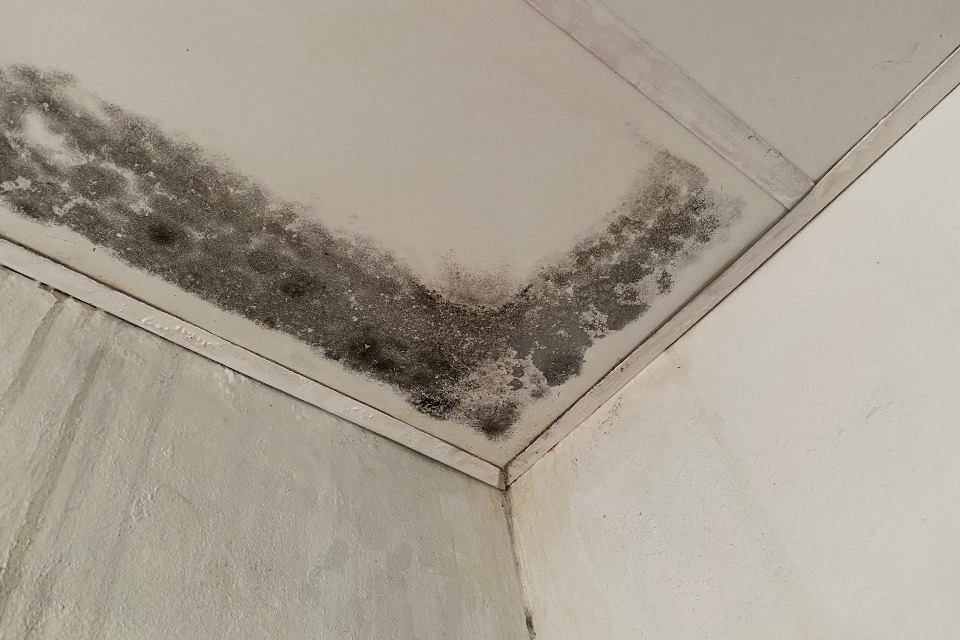
Awaab’s Law: A Game-Changer for Social Housing Safety
Let’s talk about something crucial today—Awaab’s Law. This new law is set to shake up social housing regulations in England, finally holding landlords accountable for the safety and well-being of their tenants. Starting this October, social landlords will be legally required to investigate and fix damp and mould issues within strict timeframes. And for emergency hazards? They’ll need to act within 24 hours.
This law is named after two-year-old Awaab Ishak, who tragically lost his life in 2020 due to prolonged exposure to mould in his family's social housing flat in Rochdale. His death was a wake-up call, exposing the shocking neglect in social housing conditions. Campaigners have been pushing for these changes ever since, and now, after years of delay, we are finally seeing action.
Also Read:- Le PLQ Rejette la Candidature de Denis Coderre : Une Course à la Chefferie Mouvante
- Prince William Reportedly Uncomfortable with Meghan Markle’s Hugging Habit
But here’s the catch—while Awaab’s Law is set to take effect in phases, full implementation for other serious hazards like fire risks, electrical faults, and structural issues won’t come until 2026 or later. That’s a long wait for tenants still living in unsafe conditions. Housing charity Shelter has criticized the delays, warning that they put lives at risk. They argue that tenants shouldn’t have to wait years for basic protections against life-threatening hazards.
So, what exactly does this law mean for landlords? If they fail to comply, they can be taken to court and ordered to pay compensation. This is a big step forward in ensuring social housing meets safe living standards. But is it enough? Some argue that until all hazards are covered under the law, tenants will still face dangerous living conditions.
The government also plans to extend these protections to private renters through the Renters’ Rights Bill, but the timeline for that remains uncertain. What we do know is that damp and mould issues are more common in private rentals, affecting around 9% of homes compared to 7% in social housing. If private landlords are held to the same standards, it could be a game-changer for tenants across the board.
Deputy Prime Minister Angela Rayner put it bluntly: “We have a moral duty to ensure tragedies like Awaab Ishak’s never happen again.” She’s right—landlords shouldn’t be able to get away with renting out unsafe homes. People deserve to live in places that won’t make them sick.
So, while Awaab’s Law is a step in the right direction, it’s clear that the fight for safe housing is far from over. What do you think? Should the government move faster in implementing these protections? Let’s keep this conversation going because safe housing is not a privilege—it’s a right.
Read More:

0 Comments